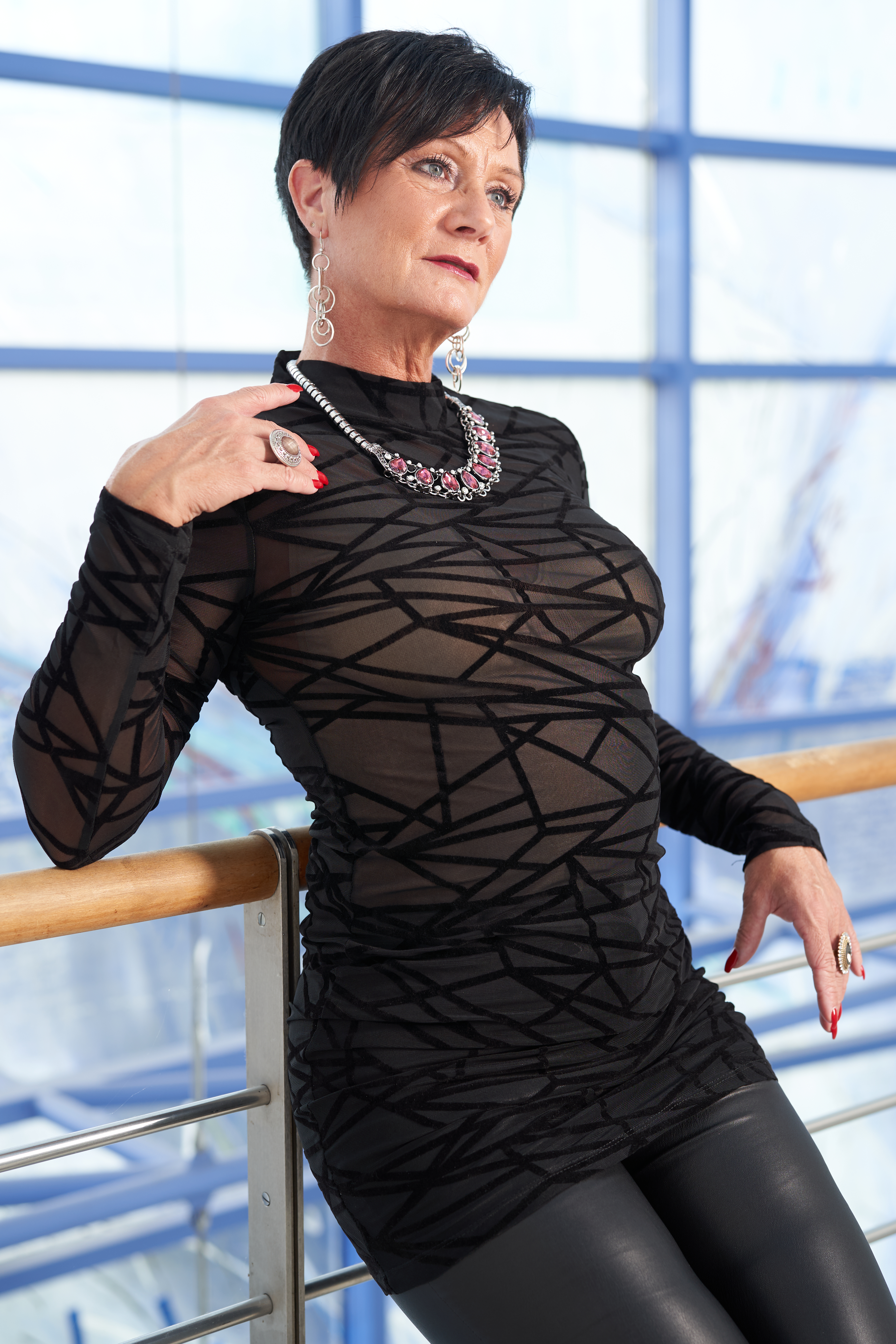While men are often recognized for their beards, it’s intriguing to ponder how this affects women’s views on attractiveness, masculinity, and other traits; a recent study published in the journal Adaptive Human Behavior and Physiology dives deep into which facial hair styles women gravitate towards, specifically focusing on the preferences of Hispanic and Iranian women.
The Study: Exploring Women’s Perceptions of Beards
In this comprehensive study, researchers from the University of Queensland, the University of New South Wales, and the University of Tehran examined 541 women—266 Hispanic and 275 Iranian—who rated the attractiveness, masculinity, fighting ability, reliability, and fatherhood potential of 36 men sporting various beard styles ranging from clean-shaven to full beards, with the facial structure modified to emphasize or minimize masculine features.
Key Findings: How Beards Influence Women’s Preferences
The study revealed that both Hispanic and Iranian women generally favored lighter, moderately long beards over both longer beards and clean-shaven faces, revealing interesting cultural variations in their preferences, which could shed light on deeper societal norms and values.
- Hispanic Women: Faces with a beard were judged more attractive, masculine, more reliable, and better as fathers than clean-shaven ones.
- Iranian Women: Ratings of bearded faces as more masculine and more likely to win a fight didn’t translate into ratings of higher perceived reliability or better fathers.
The Role of Facial Masculinity in Preferences
The research indicated that both beard length and cultural background significantly influenced how facial masculinity affected women’s preferences; notably, while facial masculinity enhanced the attractiveness of clean-shaven men, it had the opposite effect on bearded men—this disparity was particularly pronounced among Iranian women, showcasing varying cultural thresholds for extreme masculinity.
Moreover, facial masculinity was found to enhance the perceived fighting ability of bearded men in both groups, yet it only contributed to increased perceptions of reliability and fatherhood potential among Hispanic women, highlighting nuanced differences in how these traits are valued across cultures.
Cultural and Evolutionary Factors Behind Preferences
The implications of these findings extend to numerous cultures, suggesting that both cultural and evolutionary factors play a pivotal role in shaping women’s beard preferences; from an evolutionary standpoint, beards are thought to communicate signals such as age, health, status, and dominance—all crucial elements in mate selection and competition.
Culturally, beards can symbolize conformity, piety, or even rebellion, with the social meanings tied to facial hair varying widely across different communities and contexts, creating a rich tapestry of interpretations that shape perceptions of masculinity.
Conclusion: Women’s Preferences Are Dynamic
Ultimately, the study concluded that women’s preferences for men’s facial hair and masculinity are not fixed; rather, they are influenced by their perceptions of the man’s facial features and cultural background, underscoring the importance of examining beard preferences through a cross-cultural lens to better understand attraction and human social dynamics.
Looking ahead, future research could explore additional factors influencing women’s preferences, such as individual characteristics like age, commitment levels, relationship goals, and hormonal influences, to gain a more comprehensive understanding of this complex issue.
Related posts:
Perceptions of Beardedness for Attractiveness, Masculinity, Fighting …
Study highlights varying perceptions of beards among Hispanic and …
Do Women Actually Like Beards? We Asked The Experts




